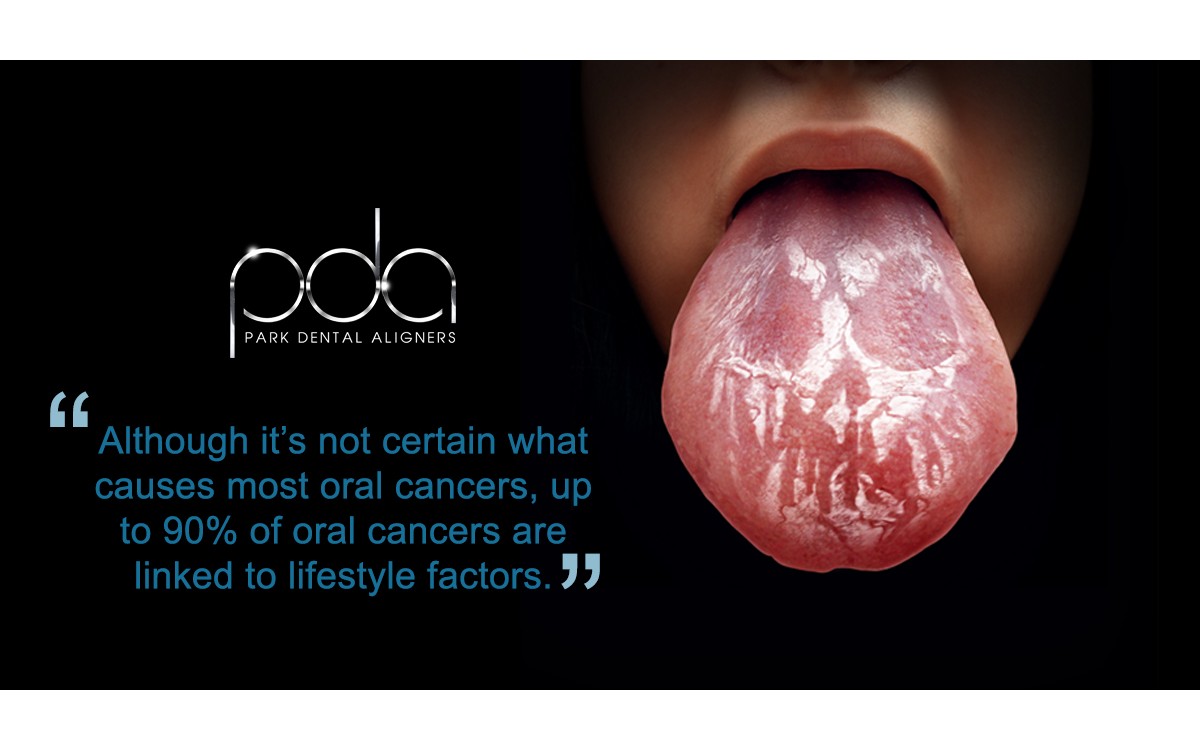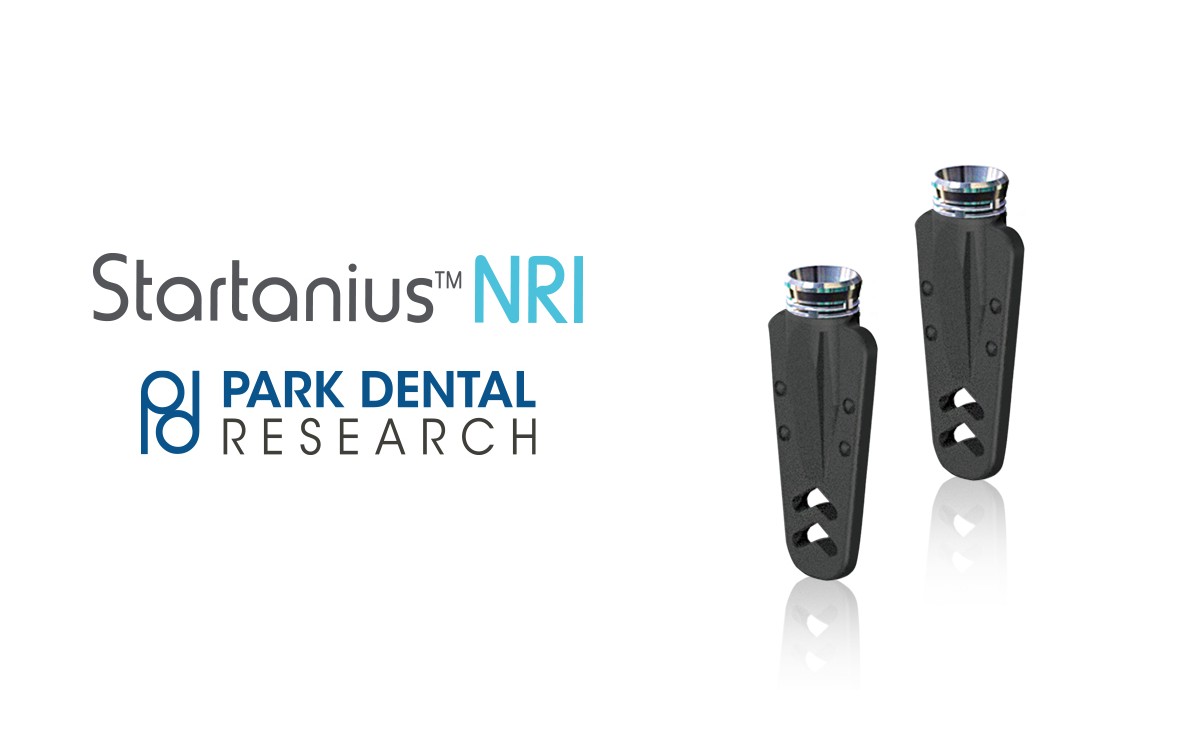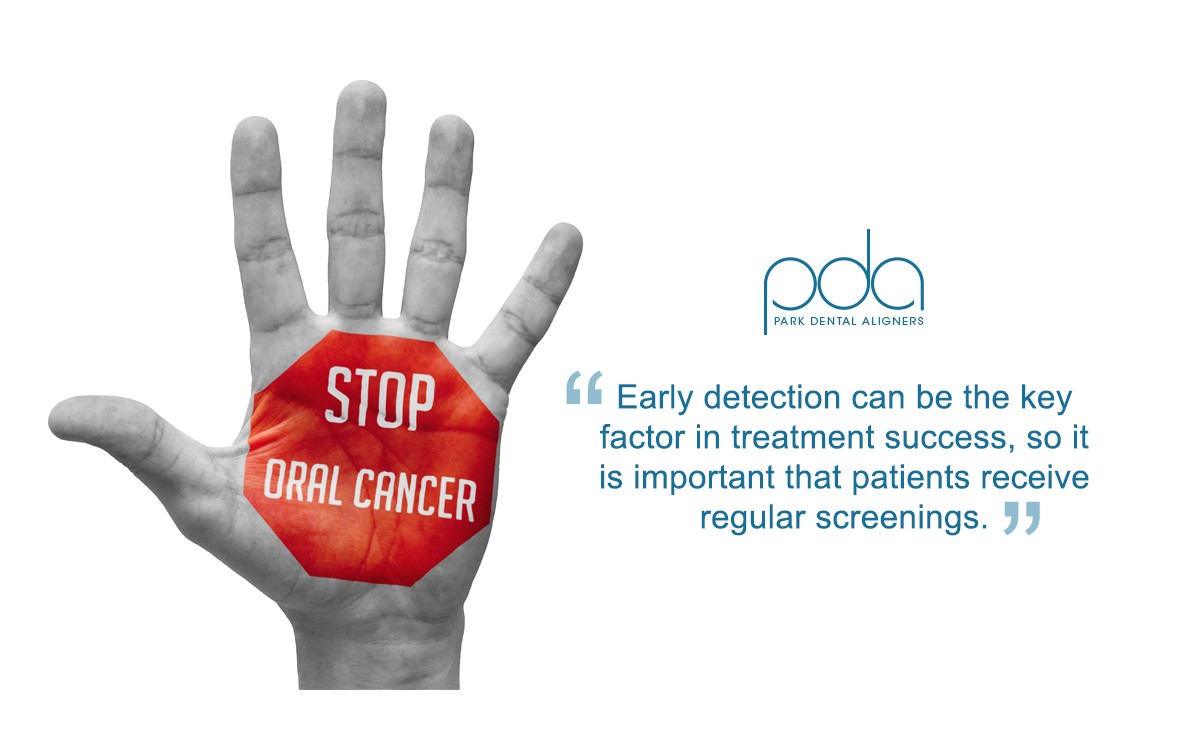At Park Dental Research, we strive to help our customers provide the best possible service and care to their patients. With this goal in mind, we think it’s important to educate patients about the risk factors and dangers of oral cancer. Here are some points to help you and your staff have an open dialog on this topic.
There are several factors that can increase the risk of developing oral cancer. Although it’s not certain what causes most oral cancers, up to 90% of oral cancers are linked to lifestyle factors. Understanding these factors and making adjustments as necessary can greatly reduce your chances of developing oral cancer.
Smoking
Nearly two-thirds of all oral cancer cases are linked to smoking. Tobacco smoke can increase your risk up to ten times, compared to non-smokers. This includes pipes, cigars, and cigarettes.
There is also evidence that second-hand smoke may increase the risk of oral cancer.
Chewing and smokeless tobacco
Chewing and smokeless tobacco is extremely harmful and can significantly increase a person's risk of being diagnosed with oral cancer.
Smokeless tobacco includes any tobacco product, such as dip, chew, or snuff packs, that are chewed or otherwise ingested orally, and not burned.
Alcohol
Alcohol is linked to nearly one third of all oral cancers. Drinking and smoking together greatly increases a person’s risk.
According to the Alcohol Research Group, The NIAAA weekly volume guideline is not to exceed 14 drinks per week for men and 7 drinks per week for women. (Daily guideline is no more than 4 drinks in any day for men, and 3 drinks in any day for women.)
HPV
Recent reports have linked the human papillomavirus (HPV) to oral cancer.
Experts believe that HPV could soon rival smoking and drinking as the main cause for oral cancer. HPV is currently the main cause of cervical cancer.
Diet
Poor diet and lack of vitamins are thought to be the cause of approximately one third of oral cancers. It is recommended to eat a healthy, well-balanced diet with lots of nutrient rich fruits and vegetables every day.
Foods high in fiber, such as whole wheat pasta, brown rice, and nuts as well as foods containing Omega-3 are evidenced to help lower the risk.
Sunlight and Tanning Beds
Ultraviolet radiation, from sunlight and tanning beds is a known cause of skin cancer. Skin cancer can develop on the lips, which are sensitive to too much sunlight.
Cancer history
While it is uncertain why, there is a slight increase of risk for people who have a close relative diagnosed with oral cancer. Those that have had oral cancer are also at a higher risk of developing it again.
Oral cancer can also be more likely for those who carry certain inherited genes or who are undergoing treatment for HIV or AIDS or taking medication after organ transplants. Some of the medications used in these instances may weaken the immune system.
This is Part 1 of our series on Oral Cancer Awareness.



